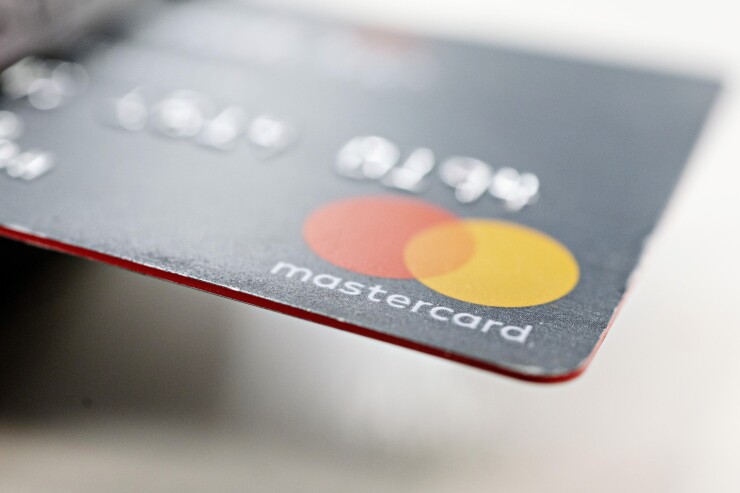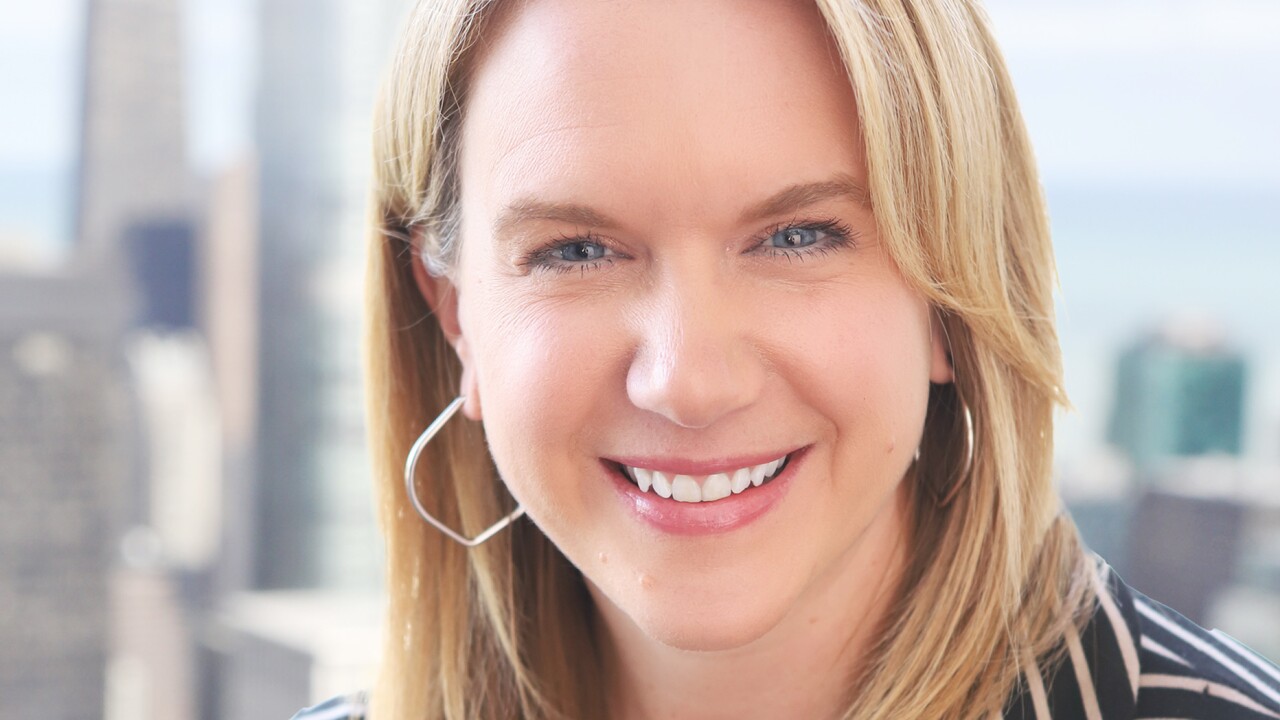Merchants are often the last in the payments ecosystem to know when card fraud occurs, and their losses tend to escalate in the meantime.
Hoping to narrow the window of opportunity that fraudsters have, Mastercard agreed to
“Our ultimate goal is to lower the number of chargebacks that occur, by creating systems that allow information to flow very quickly between issuers and merchants,” Gerber said.

Mastercard's move comes as the major card networks address merchants' rising complaints about costly time lags in resolving chargebacks. Visa promised to improve things with the Visa Claims Resolution process that launched last year, but so far it’s received
Ethoca will form a key leg of Mastercard’s evolving fraud-detection triangle, along with NuData and Brighterion, two firms Mastercard purchased in 2017. These acquisitions combine to tighten the feedback loop between issuers, merchants and the card network as fraudulent transactions surface, Gerber explained.
Toronto-based Ethoca’s collaborative-data platform pulls transaction information shared by 5,000 merchants and 4,000 financial institutions, enabling merchants to rapidly analyze and block suspicious transactions in the middle of e-commerce shopping sessions with a level of accuracy that doesn’t generate a lot of false declines, according to Gerber.
Brighterion, a San Francisco-based software firm Mastercard acquired in June 2017, provides artificial intelligence and machine learning capabilities, enabling Mastercard to maintain a real-time notification channel for issuers and merchants through its own network, Gerber said.
“We’ve created a lifecycle process for protecting transactions that begins when NuData sees someone log in or create an account," he said. "Brighterion uses its intelligence to track activity and Ethoca is there at the end to spot fraud and resolve any chargebacks."
Mastercard is responding to merchants' demand for faster feedback on chargeback issues.
“Mastercard’s acquisition of Ethoca demonstrates the market need for real-time dispute and fraud insights to be received and integrated into analytics models, to provide issuers and merchants with a balanced approach to payment security,” said Krista Tedder, director of payments at Javelin Strategy & Research.
Ethoca should significantly speed up the cycle for tracking fraudulent transactions, according to Gerber, but he didn’t provide specific parameters.
“With AI, we can make immediate changes to block suspicious transactions and merchants don’t have to wait as long to get notified,” Gerber said.
Gerber declined to comment on how Mastercard competitors including Amex and Visa—which
American Express last year
Amex could instead work with Verifi, one of Ethoca’s closest competitors, which specializes identifying fraudulent transactions with an emphasis on recurring transactions.
“Ethoca’s core service isn’t changing, and we see our acquisition as opportunity to accelerate the work they’re already doing,” Gerber said.
Battling fraud increasingly depends on industry sectors like banks and merchants working together, according to Gerber.
“Ethoca has created a network of merchants who are collaborating to battle fraud, and we’re also working together with other payment industry brands to conquer fraud through our collective practices, standards, and tokenization,” he said.
Mastercard did not disclose financial terms of the deal, which is set to close in the second quarter of this year.





